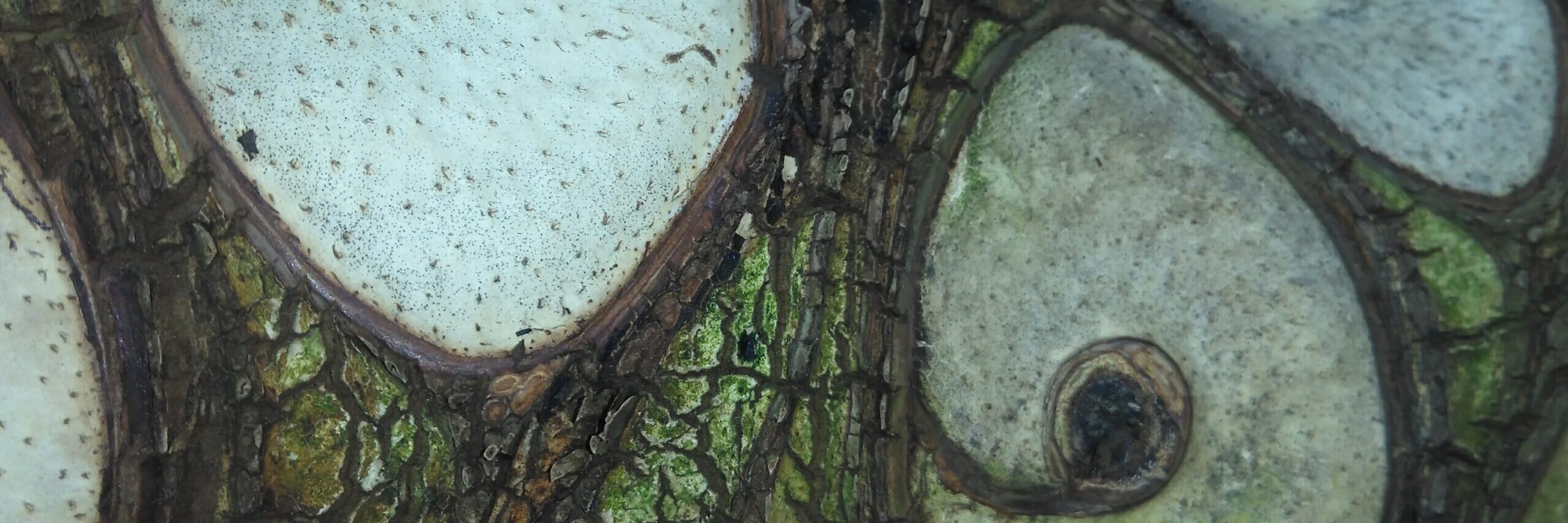Recently, the words of the Father in Luke 15 came to me whilst gardening. You are always with me, everything I have is yours. So I looked again at the story where this comes from.
We need to remember who Jesus was talking too. In verse 1 of the same chapter it says “All the tax collectors and sinners were approaching to listen to him. And the Pharisees and scribes were complaining, “This man welcomes sinners and eats with them.” Have this in mind.
The eldest son heard the good news about his brother, but he wasn’t happy about it. How do I or we respond when we hear the good news of someone who has changed, especially someone who is close to us? Are we cynical and or critical like the elder brother or are we like the Father?
Sometimes my attitude about something good that is happening around me has been negative. I have been like the older brother in v 28. Even the good things the Father has provided have been taken for granted. It wasn’t the Father who was stopping the older son receiving from the Father it was the eldest son’s attitude. It was anger! But even in that anger the Father came out and wanted the eldest son to receive what was already his.
Our attitudes have power to stop us coming into the presence of God. Any kind of dysfunction, for that is what sin is, hinders us from God but it’s not God the Father who is hindering us but our own attitude. The passage says the elder brother ‘would not go in’. When the attitude of anger, or any bad attitudes creep in we are hindered from the Father’s presence (See v 28-31).
I have recognised the eldest brother in myself. I have been a Christian a long time, grown up in a Christian family and made a decision to follow Christ as a child. Yet there are things that have crept in. At times I become like a Pharisee; like those Jesus was talking to in this chapter.
…And yet, the Father’s love reaches out in mercy to the eldest son. He wants him to experience the same as the youngest son did. We can receive the same things as the younger son. That is, we can enjoy the inheritance that the Father provides in the goodness he gives, his supply that he gives; the blessings that he gives.
The Father’s words to the eldest son are celebrate and rejoice – a way for the eldest to repent perhaps? Celebrate (Greek: Euphraino) is sometimes translated as merry and has in its root a protective element to it. It means at its root, fencing in, stopping, curbing etc. The word occurs four times in this passage! So as we celebrate it causes us to:
Lift up our thoughts to the good things God has done and delight in him even in bad circumstances – He doesn’t change. In so doing there is protection for us from the enemy at the same time.
Rejoicing is also important, there are plenty of mentions of it in the Bible. Rejoice has in it’s root graceas it comes form chairo. I like to think of rejoicing as something that we stir up, like remembering is about bringing to mind something, so rejoicing is a stirring up of joy.
So for me the words “You are always with me, everything I have is yours…” is like a warning or correction to stay the course, not give up but also rejoice in the good news of Jesus, because I also was lost and now I am found. I also can know that he is with me and I am with him. It only works when it’s two way.
One more thing, we are all the Father’s favourites you can see that in the story. No one is greater than another. The Father was the one who took the initiative in responding to the sons’. He broke cultural norms, lifted up his robes and ran out to greet the younger son. That wasn’t appropriate to do for the Father in that culture. And he pleaded with the eldest son to see sense and in so doing he reached out to him too.
